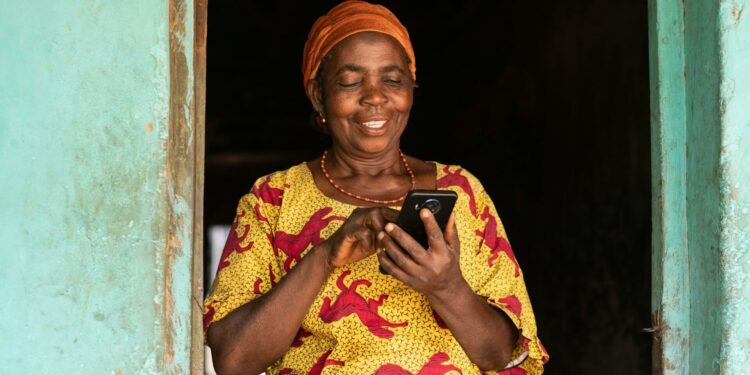Interstate deals fuel drive for African single roaming regime
The move is backed by the African Union’s plan for a Digital Single Market by 2030, which envisions accessible, affordable, and secure digital and telecommunication services for all Africans.
The push for a single roaming regime across Africa has received new impetus thanks to a West African protocol driving economic integration. Ghana and Benin are the latest countries to agree on a network hopping initiative.
Seth Onyango, bird story agency
Growing interstate deals to end roaming fees are boosting efforts for a unified roaming regime in Africa, essential for a connected digital market.
Benin and Ghana are the latest African countries to slash communication costs for their citizens roaming between the two countries. The new rates apply from July 1 and align with a protocol introduced by the ECOWAS region in March to encourage regional economic integration.
The announcement follows a Southern African Development Community’s (SADC) initiative last year involving Malawi, Zambia, Zimbabwe, and Botswana, to lower roaming costs.
Cross-border travellers on the continent often shoulder exorbitant internet and mobile roaming tariffs, sometimes higher than those for overseas calls.
Recent forecasts anticipate the African roaming tariff market to reach US$2.5 billion by 2027, at a compound annual growth rate of 5.5% throughout the projected period.
But the recent deal to scrap roaming spikes expectations for a unified roaming framework in Africa, enhancing mobile service affordability and encouraging mobile use when travelling.
The agreement between Benin’s Electronic Communications and Postal Regulatory Authority (ARCEP) and Ghana’s National Communications Authority (NCA) is a significant step under the Economic Community of West African States (ECOWAS) free roaming initiative.
“The two parties have agreed that this memorandum will come into effect on July 1, 2024. The operationalisation will lead to a significant reduction in tariffs for Beninese and Ghanaian consumers when roaming,” ARCEP said in a statement.
<script src=”https://bird.africanofilter.org/hits/counter.js” id=”bird-counter” data-counter=”https://bird.africanofilter.org/hits/story?id=1670&slug=interstate-deals-fuel-drive-for-african-single-roaming-regime” type=”text/javascript” async=”async”></script>
Similarly, Ghana and Togo established a mutual agreement for free international roaming, in line with the ECOWAS protocol, which went live on March 1, 2024.
It aims to facilitate the ECOWAS protocol on the free movement of people, goods, and services, bolstering regional economic activities.
Additionally, in West Africa, regulatory bodies are actively improving international roaming services.
In November last year, Senegal’s ARTP and Mauritania sealed an agreement to mitigate cross-border interference, thus improving network reliability along their common border.
These initiatives align with broader continental goals of eliminating digital barriers, supported by the Smart Africa Alliance’s objectives.
Infrastructure developments, such as Google’s Equiano subsea cable in Togo, further reinforce efforts to meet the growing demand for seamless digital services across Africa.
Regional economic blocs like COMESA and the East African Community are actively pursuing similar objectives, planning to merge and align roaming networks across multiple countries.
The move is backed by the African Union’s plan for a Digital Single Market by 2030, which envisions accessible, affordable, and secure digital and telecommunication services for all Africans.
Despite the African market for roaming tariffs being poised for substantial growth until 2027, new interstate deals have thrown a spanner in the works.
bird story agency


